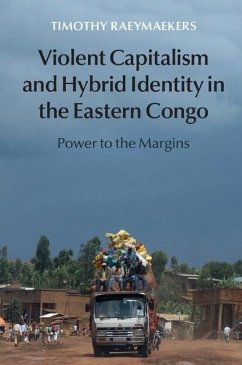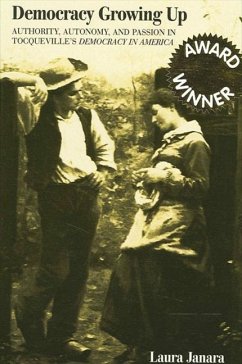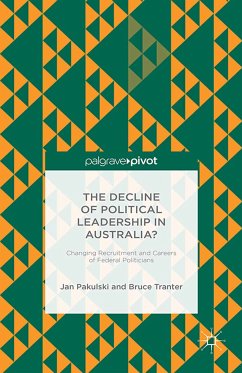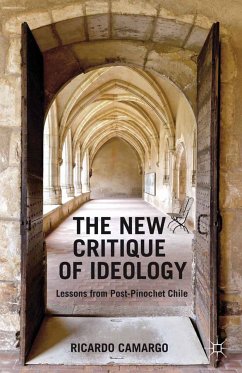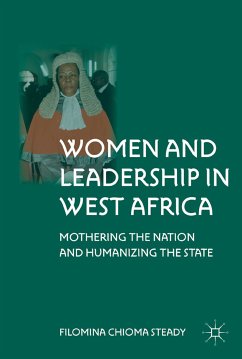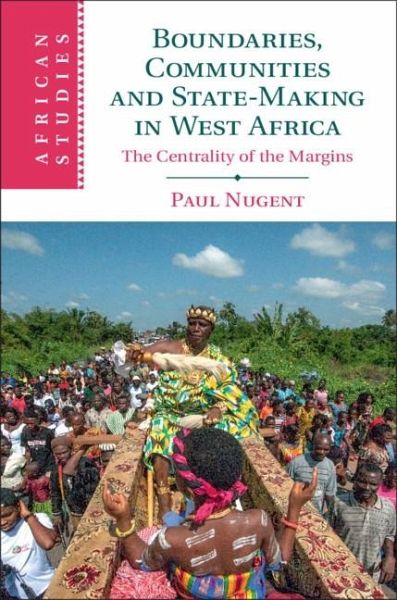
Boundaries, Communities and State-Making in West Africa (eBook, PDF)
The Centrality of the Margins

PAYBACK Punkte
12 °P sammeln!
Border regions are often considered to be the neglected margins. In this book, Paul Nugent argues that through a comparison of the Senegambia and the trans-Volta (Ghana/Togo), we can see that the geographical margins have shaped notional centres at least as much as the reverse. Through a study of three centuries of history, this book demonstrates that states were forged through an extended process of converting a topography of settled states and slaving frontiers into colonial borders. It argues that post-colonial states and larger social contracts have been configured very differently as a co...
Border regions are often considered to be the neglected margins. In this book, Paul Nugent argues that through a comparison of the Senegambia and the trans-Volta (Ghana/Togo), we can see that the geographical margins have shaped notional centres at least as much as the reverse. Through a study of three centuries of history, this book demonstrates that states were forged through an extended process of converting a topography of settled states and slaving frontiers into colonial borders. It argues that post-colonial states and larger social contracts have been configured very differently as a consequence. It underscores the impact on regional dynamics and the phenomenon of peripheral urbanism. Nugent also addresses the manner in which a variegated sense of community has been forged amongst Mandinka, Jola, Ewe and Agotime populations who have both shaped and been shaped by the border. This is an exercise in reciprocal comparison and shuttles between scales, from the local and the particular to the national and the regional.
Dieser Download kann aus rechtlichen Gründen nur mit Rechnungsadresse in A, B, BG, CY, CZ, D, DK, EW, E, FIN, F, GR, HR, H, IRL, I, LT, L, LR, M, NL, PL, P, R, S, SLO, SK ausgeliefert werden.




